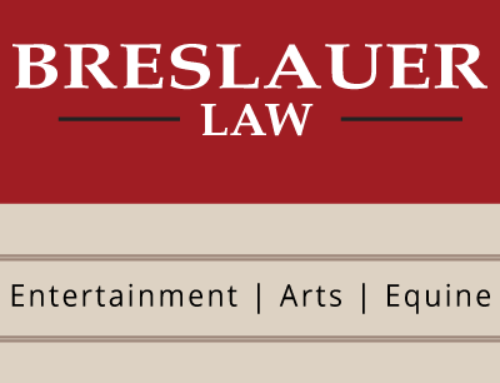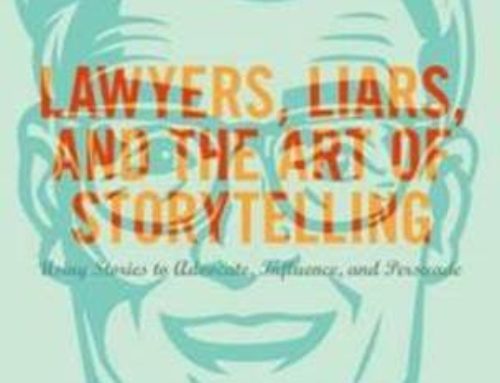What’s in a copyright? A lot. Isn’t registering your work somewhere else – such as with the WGA West– just as good? No. No no no no no.
Writers, authors, screenwriters, dreamers and others often want to know what they need to do to protect their creations. Many have heard of copyright, and may have some vague or erroneous ideas about it. Unfortunately, there’s some serious disinformation floating around the writing community. The reality is not without controversy, but the benefits of the copyright system are clear cut from a legal point of view.
THE BASICS: WHAT IS COPYRIGHT?
Copyright is the way a writer or other creator establishes her (or his) legal right to a piece of intellectual property they’ve created. The copyright itself is an intellectual property asset. Copyright law is the legal mechanism by which that copyright is enforced. Copyright protects the rights of the creators of a variety of creative endeavors, from screenplays to paintings, memos to memoires. The copyright itself is a registration and claim made with regard to a tangible expression of something. In order for something to be eligible for copyright protection, it must be ‘fixed in a tangible medium of expression.’
THIS PART IS KEY: YOU CAN’T COPYRIGHT AN IDEA!
You cannot copyright an idea. But you can copyright the tangible expression of an idea. What does that mean, in real terms? Let’s say you have an idea for a screenplay that’s Cinderella set in cowboy days. Is that a copyrightable idea? Nooooooooooo. But if you write a treatment of that concept, complete with characters, settings, plot points and the whole enchilada, then yes, you can copyright it.
The moral of the story is this: Don’t shout your idea from the rooftops, or anywhere else. If you think you have a spanking good idea – and maybe you do — then don’t go sharing it with everyone and his roommate. Don’t even share it with your own roommate. Be careful where you spout off about it in public, because there are trolls in every Starbucks, Trader Joe’s and, yes, even your Ob-Gyn’s waiting room, ready to take your idea and run with it. So until you’ve taken that idea and transformed it into something tangible and copyrighted, it’s up for grabs. Similarly, don’t think that just because you’re ‘taking a meeting’ with some snarky hitters at a hot production company that they can’t, or won’t, snap up what you’ve got in your cranium without so much as a thank you ma’am. Of course, not everyone in Hollywood is out to steal. And as soon as I can count on more than one hand the people who aren’t, I’ll let you know.
COPYRIGHT VERSUS WGA WEST REGISTRY
This is where people get confused. Writers are often advised to register their works with the WGA West’s Registry. For a small fee, any writer (WGA member or not) can register their script or treatment. And there’s no harm done in doing so – unless you think it’s going to give you the kind of protection that a copyright can give you, and you therefore don’t bother to copyright. Big Mistake. Big. (to paraphrase a famous movie). Registering a work with the WGA will indeed give you some proof of when your script was written. But most writers are looking to it for more than that, and here’s where they are misled. So let’s get this part straight: When it comes to protecting your work, this is no substitute for copyright. Repeat: The WGA Registry does not protect your work in the same way as a copyright.
What’s the difference? The difference is in what protections you will be afforded, should your work be infringed. It goes back to the underpinning law, which is the Copyright Act. According to that act, when a writer (for instance) believes their work has been infringed and wants to sue, that person won’t be eligible to get either statutory damages (six figures for intentional infringement) or their attorney’s fees (usually another six figures, when you’re talking about a copyright lawsuit) unless they have registered their work with the copyright office before the presumed infringement began.
If the writer had indeed registered the script for copyright before the infringement, then she or he would be in the running for both statutory damages and attorney’s fees. If you don’t copyright in a timely fashion, you can pretty much forget being able to sue anyone, because a lawsuit is very expensive. Without access to an attorney’s fees provision, most writers are not going to be able to foot the bill to sue someone who steals their work. Registering with the WGA does not entitle you to any of this. So if you want to be able to have a recourse to being ripped off, there is only one way to go, and that is copyright.
Here’s where to do it: http://www.copyright.gov/





